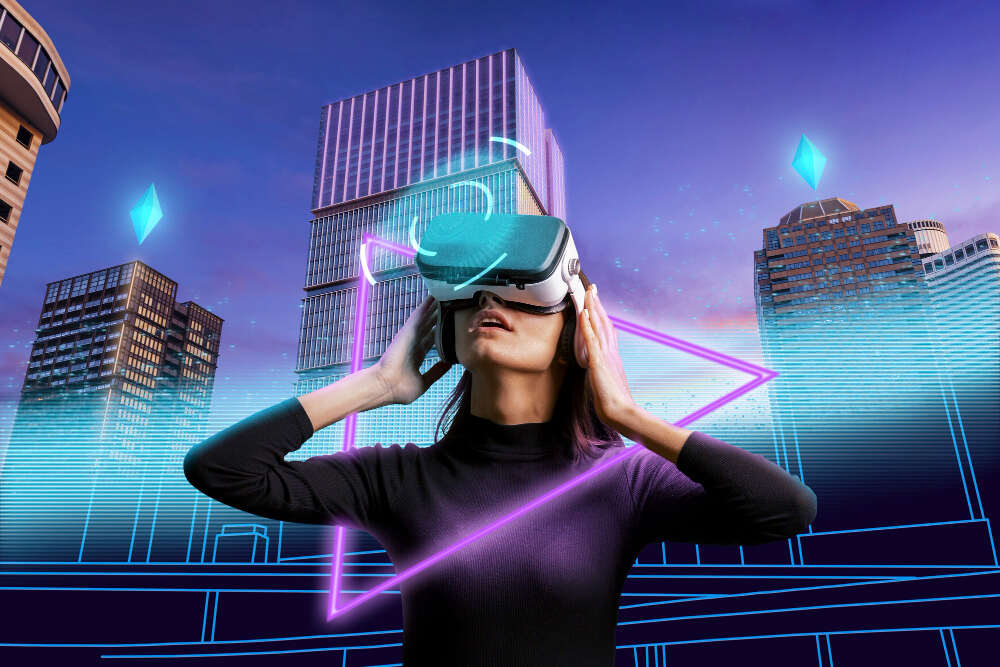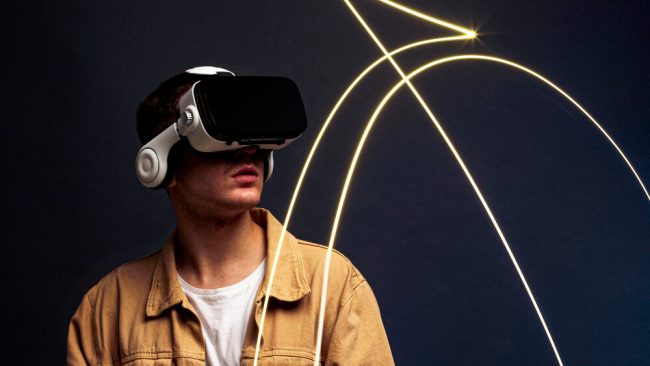
Virtual Reality: Changing the Landscape of Entertainment and Education
Virtual Reality (VR) has emerged as a transformative technology, reshaping both entertainment and education. This immersive technology creates simulated environments that can be explored in 360 degrees, offering users a unique and engaging experience.
VR in Entertainment
In the realm of entertainment, VR is revolutionizing how we experience games, movies, and live events. VR gaming provides a highly immersive experience, allowing players to physically interact with the game environment. This level of engagement offers a sense of presence and realism that traditional gaming cannot match. VR is also making waves in the film industry, where filmmakers are experimenting with VR movies that place viewers at the center of the story, offering a more personal and immersive viewing experience.
Furthermore, VR is enhancing live events such as concerts and sports. Fans can now experience events as if they were there in person, even from the comfort of their own homes. This accessibility opens up new possibilities for global audiences, breaking down geographical barriers and making high-quality entertainment more accessible.

VR in Education
In education, VR is proving to be a powerful tool for enhancing learning experiences. By creating immersive and interactive environments, VR allows students to explore and engage with educational content in ways that were previously unimaginable. For instance, history lessons can be transformed into virtual tours of ancient civilizations, while science classes can offer virtual dissections and experiments, providing a hands-on learning experience without the associated risks or costs.
VR also supports various learning styles by offering visual, auditory, and kinesthetic experiences. Students can learn at their own pace and revisit complex concepts as needed. Additionally, VR can be particularly beneficial for special education, providing customized learning environments tailored to individual needs.
Challenges and Future Prospects
Despite its potential, VR faces challenges such as high costs and technical limitations. However, as technology advances and becomes more affordable, these barriers are expected to diminish. The future of VR holds exciting possibilities, with ongoing developments aimed at making VR more accessible and user-friendly.
In conclusion, VR is significantly altering the landscapes of both entertainment and education. By providing immersive, engaging, and interactive experiences, VR is not only enhancing how we entertain ourselves but also how we learn, paving the way for a future where virtual experiences become an integral part of our everyday lives.
